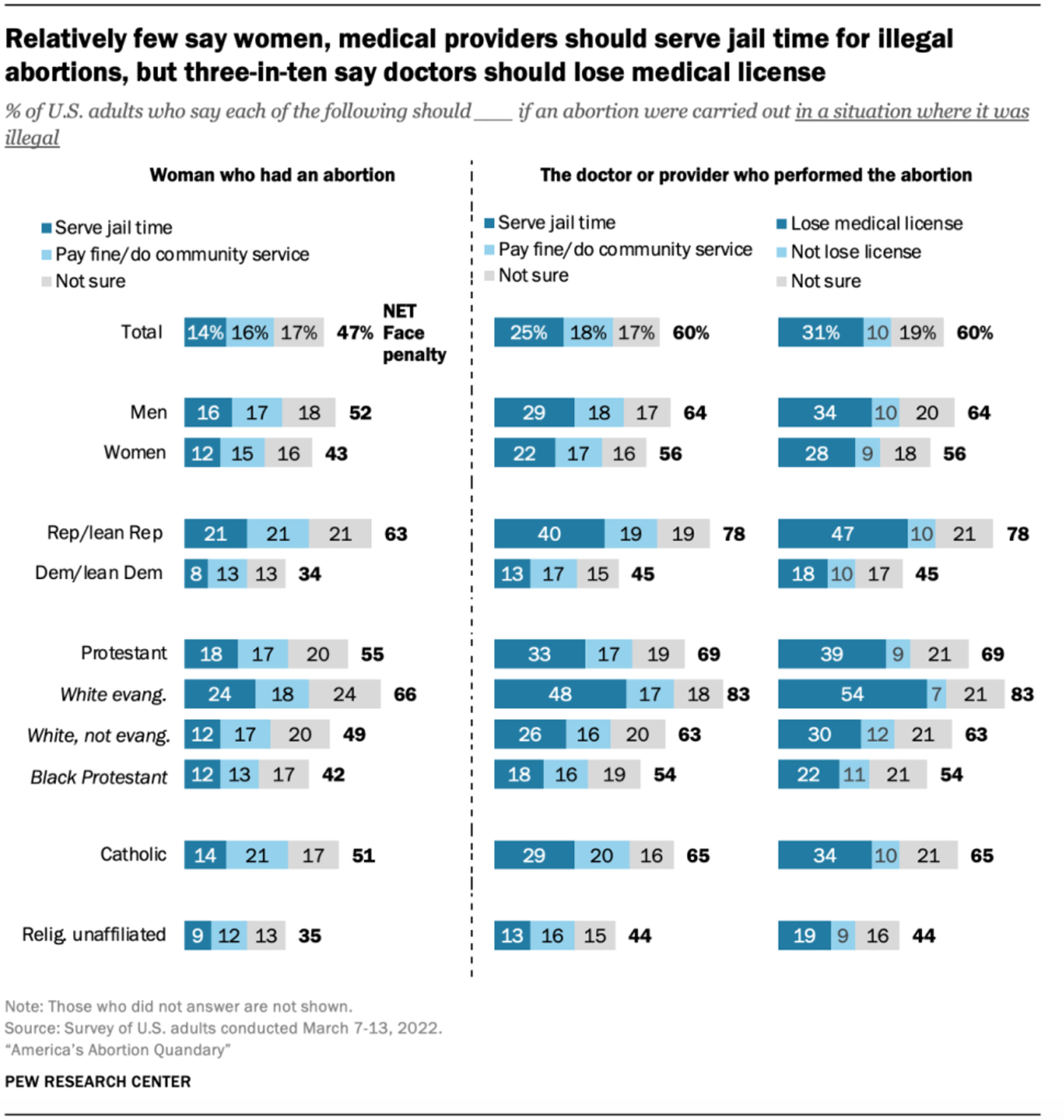The dispute between abortion foes who see themselves as abolitionists and those who call themselves “pro-life” will likely heat up if, as expected, the Supreme Court overturns Roe v. Wade in June, as rival anti-abortion groups compete over who will determine the shape of abortion limits in red states.

Carol Tobias. Photo via NRLC.org
Carol Tobias, president of the National Right to Life Committee, who signed the letter to state legislators, said she and leaders of other groups are focused on saving babies, not putting women in jail. She worries that politicians and groups that favor abortion rights will use bills like the one in Louisiana to drum up support for their side.
“They are going to say, look, all of you women who’ve had an abortion, you’re going to end up in jail. Do you want your daughter in jail? Do you want your sister or your neighbor in jail?” she said.
The letter had already been in the works before the Louisiana bill made national headlines, said Tobias, but she believes such proposals take the focus off the goal of preventing abortions.
“The focus will be on what kinds of penalties will be assessed, rather than talking about a baby with fingers and toes and a heartbeat,” said Tobias. “The primary reason we are doing this is to save those babies.”
Tobias adds that there’s little public support for criminal penalties for women who have abortions. A recent Pew Research survey found that 14% of Catholics and 18% percent of Protestants — including a quarter of evangelicals (24%) — say a woman who has an illegal abortion should face jail time. Overall, 14% of Americans would support jail time, while 16% would support fines or community service as a penalty.

Graphic courtesy of Pew Research Center
According to data from the Centers for Disease Control and Prevention, there are about 25 times as many abortions in the United States each year as homicides, meaning that charging women who have abortions with homicide could require a massive expansion of criminal investigations and prosecutions.
Richard Land, former president of the ERLC and a longtime abortion foe, opposed the SBC’s abolitionist resolution. He defended the so-called incremental approach, saying it has reduced the number of abortions. That approach, he wrote in a recent essay, is far better than doing nothing while demanding a total ban.
“What if I came upon a wrecked school bus that had plunged into a river with 60 children onboard? Since I can’t save all of them, should I then do nothing?” he wrote. “I think not.”
The ERLC’s Leatherwood told Religion News Service in a statement that Southern Baptists seek “an end of the abortion regime in America,” while showing compassion, which is in line with last year’s resolution and other previous SBC resolutions.
“So, because this is the clear will of our churches, this will be the direction we continue working in as we seek to end abortion, save lives, serve mothers and support families,” the statement said.
James Silberman, director of communications for Free the States Action Fund, an abortion abolitionist group, said the failure of the incremental approach to restricting abortion led to the rise of abolitionist groups, who were inspired by anti-slavery groups of the 1800s.











